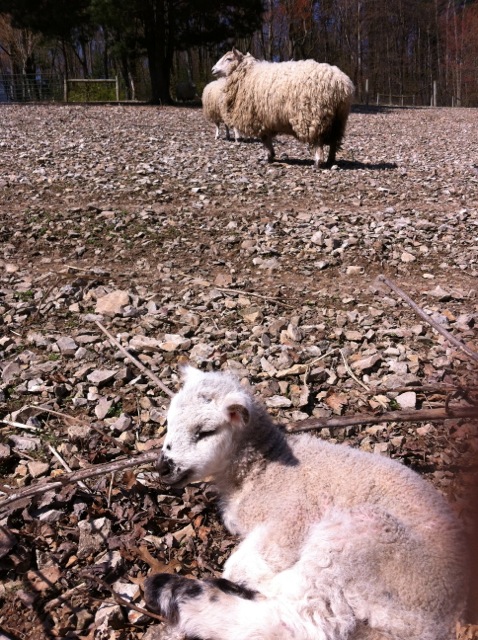
Last Monday, Country Life heard from a reader who was working hard to rescue an abandoned lamb.
“On Saturday morning [April 27, 2013] I found the lamb away from the mother at the bottom of our pasture leaning against the fence. Â I was sure it had died overnight, but it was still alive. Â The mother seemed to have abandoned it completely.” Christine Astin went on to ask advice on feeding and keeping her lamb warm. She and her husband had already lost twin lambs earlier in the spring when another of their flock had abandoned the twins.
At the time the latest lamb was abandoned, Christine was alone on the farm, and wanted to be sure she was doing the best things for the little critter.
Galen Lehman advised that the baby could go in with another nursing mom, but the Astins didn’t have another nursing mom. Country Life encouraged them to contact the county agricultural extension, and their vet, who would know the best treatment for their area and the lambs condition. (Turns out that the Astins are in Colorado!) And CL asked her to stay in touch.
Well, she has–here’s a May 1 update:
Friday, May 3, Christine sent along pictures and video of the lamb, now named Dot, for the black dot on her nose. Dot’s eating well from her bottled formula, gaining weight, and full of the dickens! She still sleeps in the house if it’s cold out in the pasture, but spends daylight hours with the other sheep. Eventually, the Astins will pasture her full-time.
Christine tells us: “She was 36 hours old in the photo of the field. Â She was so thin and frail. Â Her mother is in the background ignoring her.

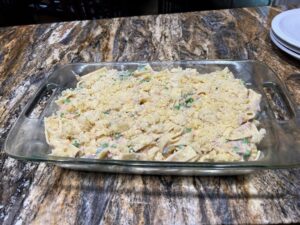


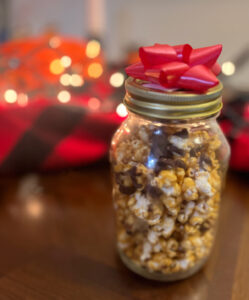
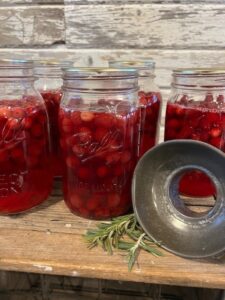
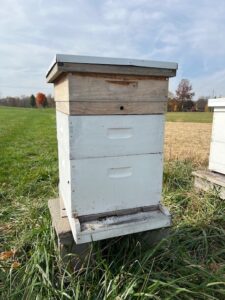





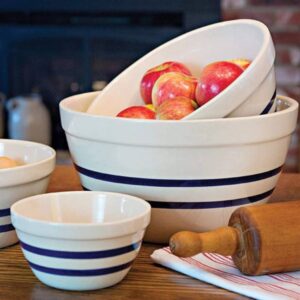
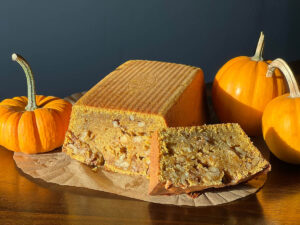

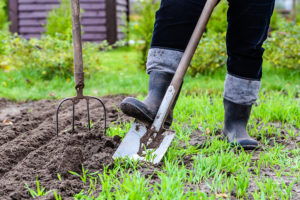

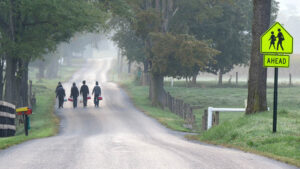
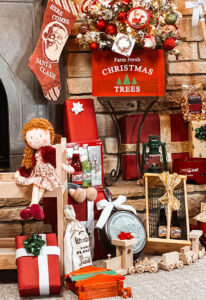
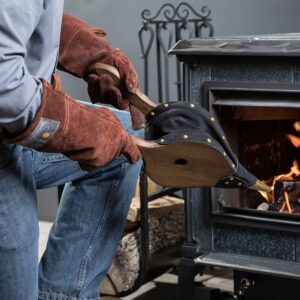
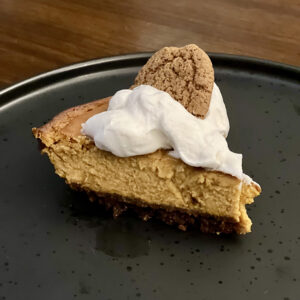
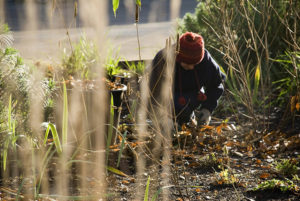

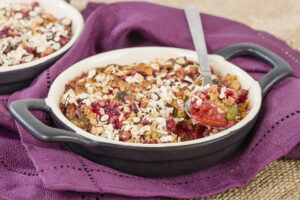
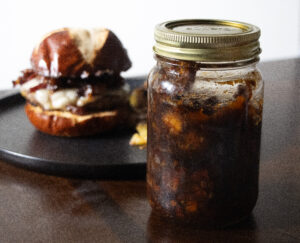
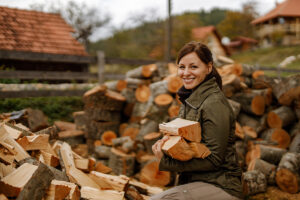


This part of the hard times we face as farmers. We just went through a similar condition trying to save the youngest and smallest of triplets born to our Dam Bevis – she accepted the first two but the third baby goat (we named Charlie) she pushed aside – we tried to help Charlie survive but he faced greater challenges than he could over come and we lost him. In our experience of over 30 years raising goats and sheep we have found – the females have a stronger will to live than the males.